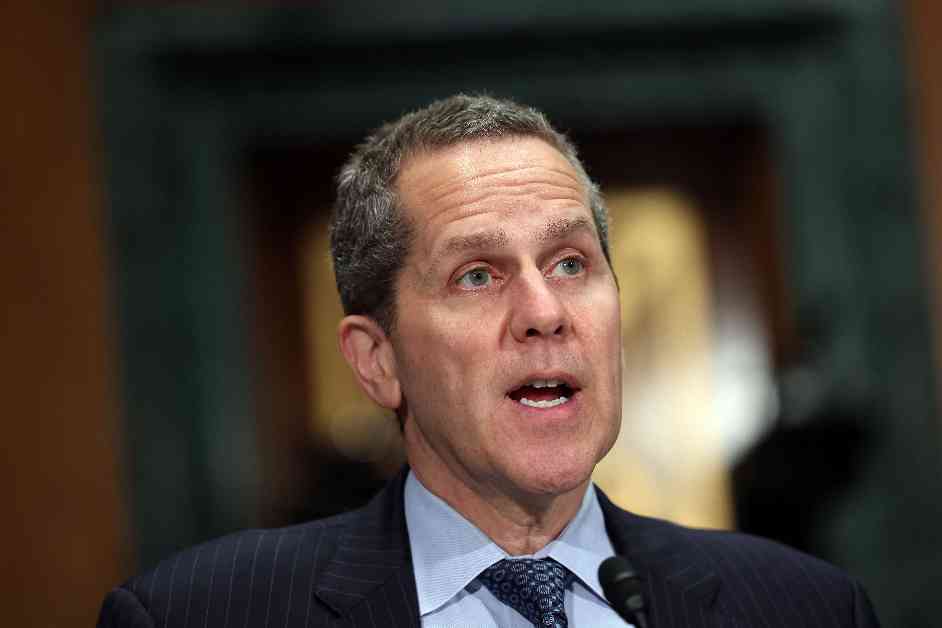Michael Barr to Resign as U.S. Fed Vice Chair for Supervision
In a surprising turn of events, Michael Barr, the U.S. Federal Reserve’s vice chair for supervision, has announced his resignation from his position, effective February 28, or sooner if a successor is confirmed. This decision was made public in a Monday announcement from the Federal Reserve, marking a significant change in leadership within the central banking system.
Reasons Behind Barr’s Resignation
Barr cited a desire to avoid potential disputes with the incoming Trump administration as the driving force behind his voluntary resignation. The position of vice chair for supervision was established after the Global Financial Crisis to enhance responsibility, transparency, and accountability in the Federal Reserve’s oversight of the financial system. Barr expressed concerns that any conflicts over the role could overshadow the institution’s core mission, leading him to believe that serving as a governor would allow him to better serve the American people.
Implications for Banking Regulation
Jaret Seiberg, a financial policy analyst at TD Cowen, raised concerns about the increasing politicization of banking regulation following Barr’s decision to step down. Traditionally, agency chiefs remained in their positions across administrations, but this trend appears to be shifting. Seiberg warned that such changes could result in more significant policy shifts with each change in White House control, potentially impacting banking regulations and oversight.
Impact on the Crypto Industry
Barr’s resignation also has implications for the crypto industry, as he played a crucial role in shaping the Federal Reserve’s approach to cryptocurrencies. Despite having prior experience advising Ripple, Barr’s tenure saw mixed outcomes for the industry. His advocacy for increased regulation of stablecoin issuers faced pushback from Republican lawmakers, who criticized his handling of bank failures in 2023 and the Basel III Endgame proposal.
In the wake of Barr’s resignation, the focus now shifts to potential successors within the Board of Governors. Analysts suggest that Michelle Bowman, a vocal advocate for regulatory openness and innovation in banking policy, could be a likely candidate to fill the vacant position.
Cheyenne Ligon, a member of the news team at CoinDesk, brings a unique perspective to the discussion of crypto regulation and crime. Originally from Houston, Texas, Cheyenne’s background in political science and journalism provides valuable insights into the complex intersection of finance and technology. Her impartial reporting and commitment to accuracy contribute to a more informed public discourse on these critical issues.

















